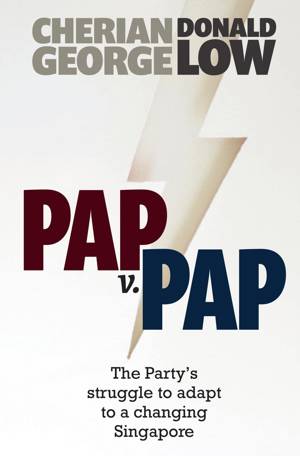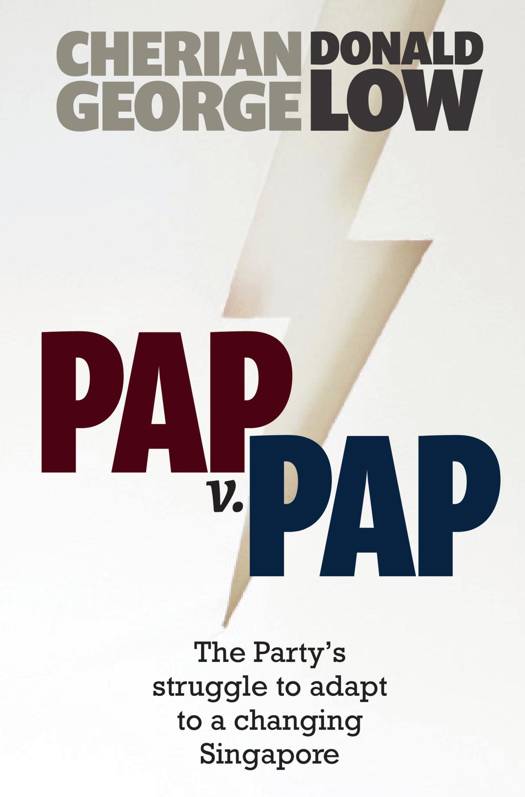
- Retrait gratuit dans votre magasin Club
- 7.000.000 titres dans notre catalogue
- Payer en toute sécurité
- Toujours un magasin près de chez vous
- Retrait gratuit dans votre magasin Club
- 7.000.000 titres dans notre catalogue
- Payer en toute sécurité
- Toujours un magasin près de chez vous
PAP v. PAP: The Party’s Struggle to Adapt to a Changing Singapore EBOOK
Cherian George, Donald LowDescription
The 2020 General Election results have raised expectations that Singapore will transition to a more competitive democracy. But this is far from preordained. Nor is there a clear societal consensus that the city-state needs this amid a pandemic and its deepest economic crisis since independence.
For now, the People's Action Party still controls all the levers of power. With the opposition still not ready to step up as an alternative government-in-waiting, Lee Kuan Yew's prognosis still applies: the PAP's internal dynamics will be the primary determinant of its continued viability.
PAP v. PAP expands on one dimension of this inner struggle: between a conservative attachment to what worked in the past, and a boldly progressive vision for the future. Cherian George and Donald Low argue that a reformed PAP — comfortable with political competition and more committed to justice and equality — would be good for Singapore, and serve the long-term interests of the party.
An adaptive PAP, buttressed with stronger democratic legitimacy, would also maintain one of Singapore's most important strengths: a strong consensus on the virtues of an expert-led, elite government. Only by strengthening democratic practices and norms can Singapore maintain its edge in a world pulled apart by identity politics, populist nationalism and nativism, and an erosion of trust in public institutions.
The anthology draws from the authors' many years of commentary on Singapore government and politics, and also includes new essays responding to the exceptional events of 2020.
Spécifications
Parties prenantes
- Auteur(s) :
- Editeur:
Contenu
- Langue:
- Anglais
Caractéristiques
- EAN:
- 9789811489488
- Date de parution :
- 18-11-20
- Format:
- Ebook
- Protection digitale:
- Adobe DRM
- Format numérique:
- ePub







